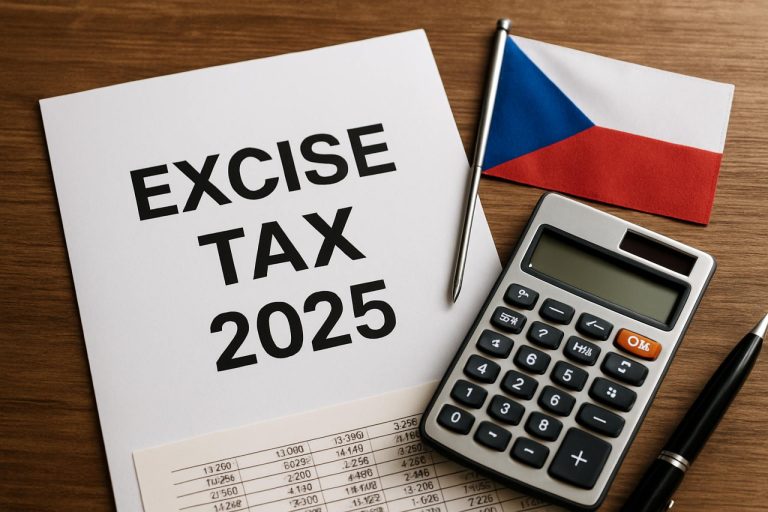
- Belize is advancing governmental transparency through new legislative reforms aimed at illuminating decision-making processes.
- Robust transparency laws empower citizens like fishermen and vendors to participate in shaping policies impacting their livelihoods.
- The reforms promote open access to governmental data, facilitating dialogue between citizens and officials.
- Enhanced transparency supports NGOs and enriches social advocacy efforts by providing critical information to hold authorities accountable.
- Challenges remain in balancing transparency with data protection, ensuring sensitive information is secure yet accessible.
- Belize’s transparency initiative strengthens democratic principles, fostering a more engaged and inclusive society.
- These strides in transparency weave accountability into the nation’s identity, promising a more informed and empowered citizenry.
In the heart of Central America, where the lush rainforests meet the turquoise Caribbean Sea, a new wave of accountability is taking root. Belize, a country known for its vibrant culture and rich biodiversity, is now making headlines for its bold strides toward governmental transparency.
Illuminating the Shadows
Recent legislative reforms have cast a spotlight on the corridors of power in Belize City. The enactment of robust transparency laws aims to reveal the intricate workings of governmental decision-making. These laws don’t merely scratch the surface; they offer citizens a magnifying glass to scrutinize public officials’ roles and responsibilities.
Imagine a fisherman from San Pedro, previously left in the dark about how fishing quotas were set, now equipped with detailed reports outlining the decision-making process. This newfound access empowers citizens, allowing them to actively participate in the conversations shaping their livelihoods.
A Tide of Change
The laws usher in an era where information is not a privilege but a right. Belizeans can now request data ranging from budget allocations to urban development plans with unprecedented ease. This shift fosters a culture of openness, where citizens and officials engage in constructive dialogue.
Street vendors in bustling Belmopan cheer these developments. For them, it’s a chance to understand how policies affecting their businesses are crafted. They can champion their needs armed with facts, not rumors—a profound change echoing through the bamboo-framed stalls.
The Ripple Effect
This legislative movement extends beyond individuals, enriching organizations championing social causes. NGOs can now access critical data, enhancing their efforts to hold accountable those in power. In a country where communal ties are strong, these are conversations that resonate deeply.
However, change isn’t without its challenges. Public offices must now balance transparency with data protection, ensuring that sensitive information guiding policy decisions remains secure yet accessible.
The Takeaway
Belize’s journey toward transparency is a testament to the power of informed citizenship. As the nation embarks on this path, it revives a foundational democratic principle—that governance is for the people and by the people. By illuminating the mechanisms of governance, Belize fosters a more inclusive and engaged society.
The vibrant blend of local traditions and new global ideals forms Belize’s core identity. This transparency initiative enriches that tapestry, weaving accountability into the fabric of daily life, ensuring that every voice is heard, whether from the boisterous coastal towns or the serene Maya villages.
In Belize, the momentum is building. Voices are rising, questions are being asked, and answers are demanded. As the Caribbean sun sets over this resilient nation, the promise of a brighter, more transparent future gleams on the horizon.
Belize’s Bold Move: Unprecedented Transparency Revolutionizes Governance
Overview of Belize’s New Transparency Laws
In the quest for a transparent government, Belize is leading the charge in Central America. New legislative reforms have introduced stringent transparency laws, aiming to demystify government operations. These laws are not only transforming governance in Belize but are also setting a regional example for transparency and accountability.
Why Are These Reforms Important?
Empowerment of Citizens: These reforms enable citizens to better understand government actions. Previously opaque processes are now subject to public examination, fostering societal engagement and empowering the average Belizean in decisions affecting their lives.
Transparency in Decision-Making: By making information about governmental decisions readily available, Belize is ensuring that policies are crafted not just within government chambers but with input from citizens. This engagement helps address public concerns more effectively at all levels.
Examples of Impact:
– San Pedro Fishermen: With transparent fishing quotas, fishermen can now align their practices with environmental and economic policies, uniting economic viability with ecological sustainability.
– Belmopan Vendors: Clarity in policy formation allows street vendors to advocate for their needs more efficiently, transforming their businesses with insights they previously lacked.
Pressing Questions and Insights
1. How do these laws impact NGOs and social organizations in Belize?
NGOs gain a robust platform to hold the government accountable. Access to critical data allows them to monitor policy impacts and champion improvements, especially in areas such as education, healthcare, and environmental sustainability.
2. What are the challenges associated with these transparency efforts?
While enhancing transparency, Belize must navigate the complex terrain of data protection, ensuring that sensitive information remains secure. Balancing openness with confidentiality remains a critical challenge.
3. How can individuals leverage these transparency reforms?
Citizens can participate more actively in governance by accessing budget allocations and planning documents. This knowledge enhances public debates and informs advocacy. Engaging with local government on issues now comes with the backing of data.
Broader Implications: Real-World Use Cases and Trends
Transparency as a Pillar of Democracy: Belize’s initiative underscores the strength of democracy through transparency, a trend increasingly embraced globally. More countries are likely to follow Belize’s model, recognizing the link between transparency, public trust, and effective governance.
Future of Transparency Laws in Central America: These reforms could inspire similar legislative efforts in neighboring countries, promoting a regional shift toward open governance.
Actionable Recommendations
– Stay Informed: Belizeans should explore and request data from government platforms. Familiarize yourself with processes to become more engaged in community decisions.
– Participate in Local Governance: Attend town hall meetings and public forums armed with information. Contribute your perspective based on factual data.
– Advocate for Broader Reforms: Encourage continuous improvement and expansion of transparency laws, including more comprehensive data access and user-friendly digital platforms.
Conclusion
Belize’s commitment to transparency invites every citizen to be part of its governance tapestry, reshaping its democratic ethos. By shining a light on government proceedings, Belize not only strengthens its governance but enhances citizen involvement at every societal level.
For more information on governance and transparency initiatives, visit the Belize government’s official site at Belize Government.



